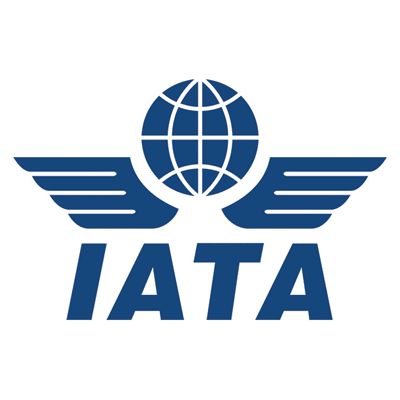IATA and european aviation partners launch European Action Plan for Preventing Runway Excursions
- Like
- Digg
- Del
- Tumblr
- VKontakte
- Buffer
- Love This
- Odnoklassniki
- Meneame
- Blogger
- Amazon
- Yahoo Mail
- Gmail
- AOL
- Newsvine
- HackerNews
- Evernote
- MySpace
- Mail.ru
- Viadeo
- Line
- Comments
- Yummly
- SMS
- Viber
- Telegram
- Subscribe
- Skype
- Facebook Messenger
- Kakao
- LiveJournal
- Yammer
- Edgar
- Fintel
- Mix
- Instapaper
- Copy Link
Posted: 24 January 2013 | IATA | No comments yet
“Since 2008 IATA has made reducing runway excursions a priority…”


The International Air Transport Association (IATA) joined with 16 other aviation stakeholder organizations in developing a European Action Plan for the Prevention of Runway Excursions. The goal is to reduce the occurrence of one of the most common types of air accidents by providing operational and system recommendations to aircraft operators, air navigation service providers, airports, and regulatory authorities.
In 2011, 13% of all accidents in European airspace were runway excursions. Globally, runway excursions are 19% of all accidents.
“Since 2008 IATA has made reducing runway excursions a priority. This Action Plan is the latest element in our global effort, complementing the Runway Excursion Risk Reduction (RERR) toolkit which was revised in 2011. Together they build a common awareness of the issue among the key players. And that will allow us to continue to reduce the risks and the occurrences,” said Guenther Matschnigg, IATA’s Senior Vice President for Safety, Operations and Infrastructure.
IATA’s contributions to the Action Plan include:
- Best practices and recommendations identified in the preparation of the RERR toolkit.
- IATA member airline expertise in preventing runway excursions gathered through their Safety Management Systems (SMS).
Although the focus of the Action Plan has been on preventing runway excursions in the European region, it is acknowledged that runway excursions are a global problem and therefore the content of the Action Plan reinforces the need to comply with International Civil Aviation Organization (ICAO) provisions for the safety of global aviation.
“Teamwork is critical. The Action Plan ensures that all the players in Europe are aligned and focused on a common set of tools to improve runway safety. Along with making European aviation even safer, it sets a good example of cooperation that could be taken-up in other regions,” said Matschnigg.













